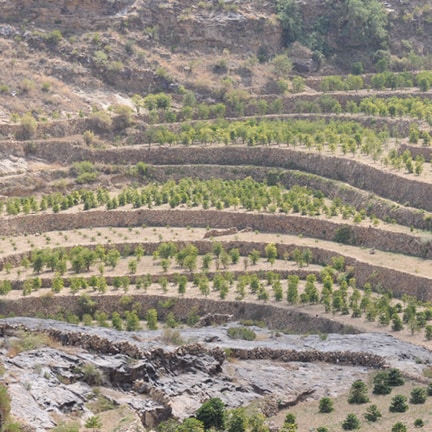- Beans & Roasters
- Sydney Coffee Lounge
The best coffee experience starts here
- Education
The best coffee experience starts here
- Magazine
- Recipes
- About us
The best coffee experience starts here
The best coffee experience starts here

Bean culture
The term ‘single origin’ is thrown around a lot when talking about coffee, but what does it actually mean? In essence, high-quality beans rely on traceability and identifying how flavours and roasting characteristics relate to a specific growing location. ‘Single-origin’ refers to coffee that hails from one particular region, crop or farm, resulting in an unaltered, more robust flavour.
Every coffee-growing country possesses its own identifiable profile, and this can be broken down even further into unique microclimates, each producing differently based on sunlight, temperature, soil quality, altitude and humidity.
It is believed that 13th century Arabia is when coffee was first brewed into a warm drink, and that this practice was unique to Africa and the Middle East until the 1600s. Around this time, coffee was transported by pilgrims to Mecca, initiating its widespread popularity across Europe and the rest of the world. In this blog we focus on some of the primary coffee producing countries of the African and Middle East region, and what attributes make these origin coffees unique.
Ethiopia is known commonly as the birthplace of coffee, with old stories telling of a goat shepherd who discovered the stimulant properties of the wild Arabica red cherries. The country is known for its dynamic variety of fruity and aromatic varietals such as Harrar, Yirgacheffe, and Sidamo.
Coffee from Ethiopia is extremely diverse and resistant to generalisation but is unique in the international market for one important reason. Because of the widespread micro-farming culture, most of Ethiopia’s coffee is grown without pesticides or herbicides. As a consequence, the beans are usually ‘dry-processed’, which results in a heavy, fruiter flavour and acidity notes reminiscent of citrus.
Heading south, Kenya has a much younger history of coffee growing but is known for its hardy plants that are tolerant against drought and pests. Grown mostly in elevated microclimates around Mount Kenya, these beans are characterised by their rich and winey full-bodied taste. Popular varietals include SL 28, Ruiru II, and Bourbon.
While the Coffee arabica tree is native to Ethiopia, Yemen was the first country to
systematically cultivate it successfully. As it was shipped from the port city of Al Mokha, the words mocha or Mokha became synonymous with coffee and to this day that’s what coffee means in Yemeni.
Over 500 years later, coffee growing and processing methods in Yemen have changed very little, sticking to the traditional practice of rooftop drying and winnowing by hand.
This slower, more expensive method results in unpredictable taste profiles – making coffee from Yemen incredibly unique amongst a global market of washed, mass-produced exports. Third wave coffee culture is, however, known to prize unique strains and finely crafted product, and so these complex Mokha varietals have earned their place on the world stage. Yemeni farmed coffee exhibits complex flavours of stone fruits, dried figs, and berries.
Importantly, the Typica and Bourbon coffee varietals – which originate from Yemen – are considered the most important groups of the C. Arabica coffees in the world, with strains such as Caturra, Blue Mountain, SL28 and Pacamara all stemming from these parental strains.


Testo vario
Join us
Policies
Support

